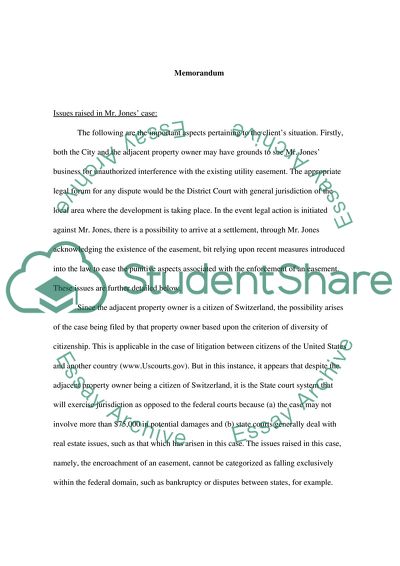Cite this document
(Law Memo Case Study Example | Topics and Well Written Essays - 1500 words, n.d.)
Law Memo Case Study Example | Topics and Well Written Essays - 1500 words. https://studentshare.org/law/1716911-law-memo
Law Memo Case Study Example | Topics and Well Written Essays - 1500 words. https://studentshare.org/law/1716911-law-memo
(Law Memo Case Study Example | Topics and Well Written Essays - 1500 Words)
Law Memo Case Study Example | Topics and Well Written Essays - 1500 Words. https://studentshare.org/law/1716911-law-memo.
Law Memo Case Study Example | Topics and Well Written Essays - 1500 Words. https://studentshare.org/law/1716911-law-memo.
“Law Memo Case Study Example | Topics and Well Written Essays - 1500 Words”. https://studentshare.org/law/1716911-law-memo.


